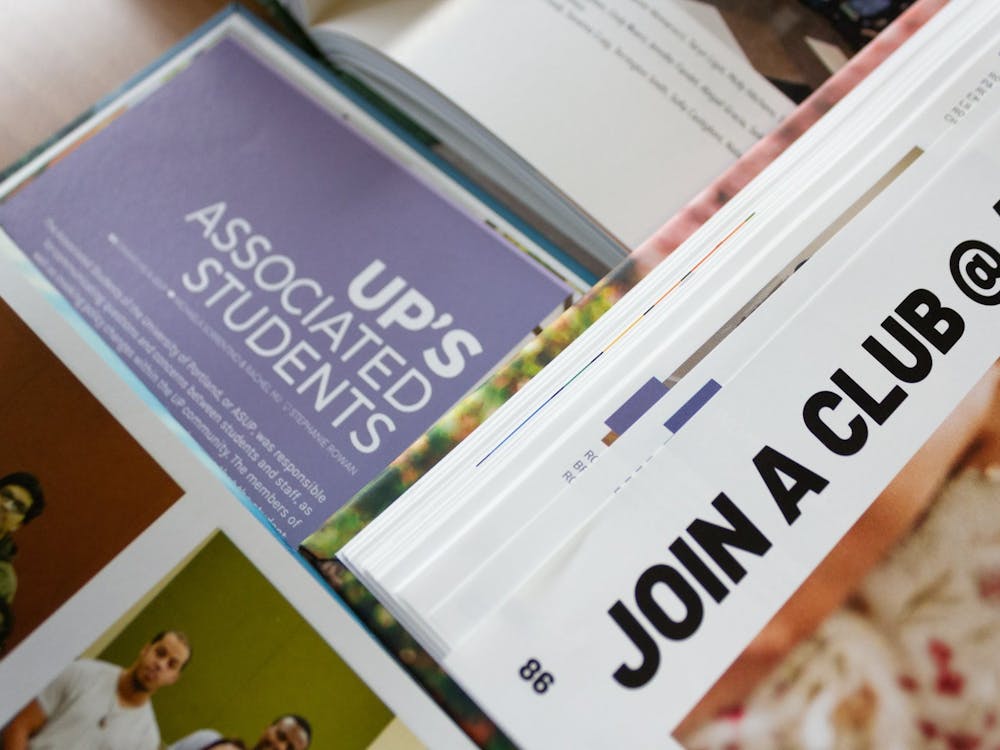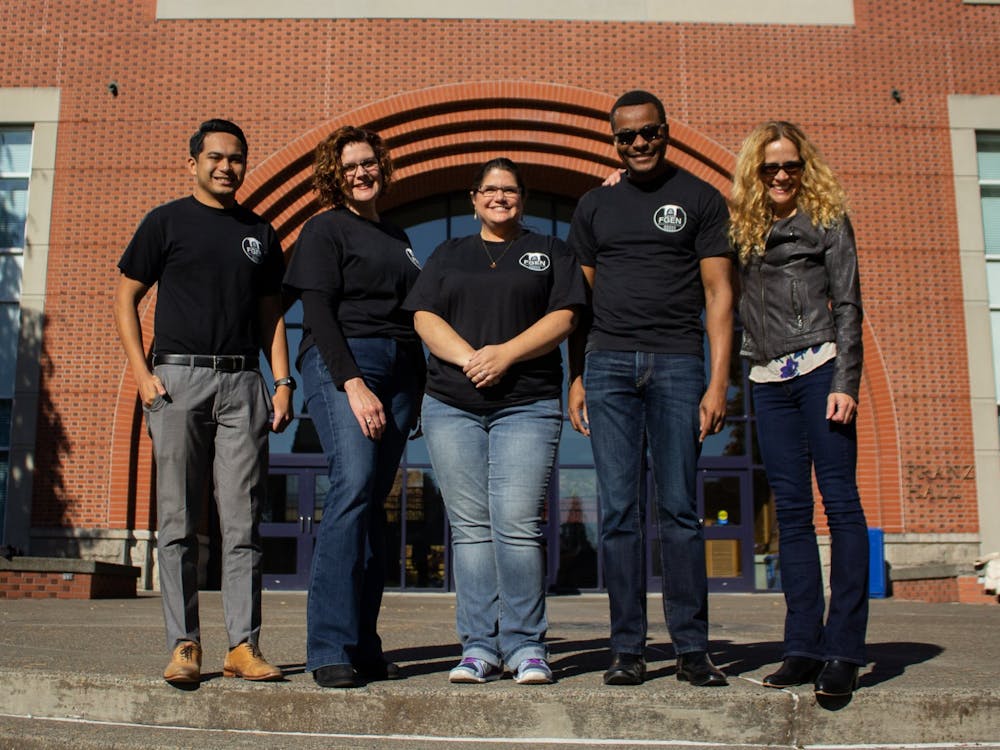Dear Fr. Poorman, Dr. Medina, Eric Barger, Robin Michell, and Lori Watson,
We, QTBIPOC (Queer, Trans, Black, Indigenous, People of Color) staff, write this letter to express our concern, highlight the need for transparency, and propose recommendations for moving forward. We collectively felt ignored and unheard during the process of decision making and elucidated our valid concerns and frustrations in this letter. We hope you take responsible action, given that we are an integral part of this vibrant community.
As QTBIPOC staff we feel undervalued and hurt that we were not adequately considered or involved in your decision-making process. Below you will find our critiques and demands in response to the recent email released by Eric Barger detailing the rationale for these drastic cuts and furloughs.
SUMMARY OF DEMANDS:
Evidence of alternative strategies exhausted before resorting to furloughs
Transparency on what measures brought forth by HR VP Sandy Chung were taken to address equity
Enforce a temporary 100k cap on income for all University of Portland employees
Transparency on reasons behind decisions guiding variation observed in furloughs
Joint decision-making between department heads and department bodies on the best approach to cut costs while maintaining efficiency
Restructure policies on employee support and budgeting during emergent crises to enable case-by-case review similar to student model used
Answers to the remaining questions delineated in section five
1. DEMAND:
We want evidence of your explorations of alternative approaches that did not involve furloughs.
We believe that, although drastic in measure, the idea of salary reductions and furloughs could have been implemented earlier in the summer to mitigate impact during the academic year. For example: Lewis & Clark College and Willamette University implemented furloughs in April and created a process in partnership with the Oregon Work Share program and federal CARES Act (Federal Unemployment Compensation expired July 25, 2020) to ensure employees only had to submit paperwork through their HR office in order to receive unemployment benefits.
2. DEMAND:
We want to know what equity lens did HR VP Sandy Chung apply and give guidance to the vice presidents?
The reality is, COVID-19 is disproportionately impacting QTBIPOC communities at much greater rates than white counterparts. We want to point out that the University of Portland must apply an ethnic and racial wealth lens to decision making. On average, white families’ wealth in 2016 were over $700,000 higher than the average wealth of Black and Hispanic families (as seen in the graphic below). QTBIPOC staff are most likely to be in lower paying salary jobs and in positions that are being furloughed. People with access to generational wealth and financial security will be fine with short-term salary reductions and furloughs. Their livelihood will not be impacted in the same way as folks with less financial security and no access to generational wealth.

Image by Urban Institute.
Additionally, BIPOC folks -- especially Black and Hispanic folks -- are dying at higher rates and are having more health complications than white folks due to COVID-19. The reality that BIPOC staff are more likely to occupy the furloughed positions, coupled with being some of the first to be let go, is inequitable.
3. DEMAND:
We believe that:
The way the furloughs and salary reductions were done is inequitable. Our ask is that no one make over $100,000 right now, as that would reduce the economic impact on those with the least access to wealth. (By doing this- cutting the salaries at higher percentages for top earners and have that money redistributed to support reversing furloughs and reductions with prioritizing BIPOC folks).
There needs to be more transparency on the how and why some employees are chosen and others aren’t.
Individual department heads need to be able to confer with their departments on how to best cut costs while being able to remain an efficient entity on campus.
While employees who earn over $100,000 likely have many more expenses than those who earn less (e.g. more expensive mortgage payments, etc), the assumption is that these top earners have sources of generational wealth and savings that is not available to those who make less.
By leadership and top earners taking this pay cut, that would save the university money and allow them to redistribute when considering furloughs for bottom earners. An equity lens would look at top earners temporarily capping their pay at $100,000; you would not have to furlough as many people. Instead, salary reductions could be more equitably spread across faculty and staff. We argue that during this pandemic six figure salaries earners could temporarily take hits versus the burden that lower income earners would experience.
The salary cuts are not progressive in that they constitute a flat cut from the person’s entire salary. A more progressive approach would have been to protect everyone’s salary under the Portland median salary. Anyone earning a salary over that median would have only that portion of their salary cut by a certain percentage with any number of further increasing pay brackets to cut an increasing percentage from. Instead, the essentially “flat” pay cut that was applied will have a disproportionate burden on employees with lower incomes in terms of their ability to maintain the most basic quality of life. This disproportionate impact on employees with lower incomes is further felt by the gutting of all retirement contributions across all employees without regard for income level.
4. DEMAND:
We treat students on a case by case basis. Why can’t this be done for our employees under these circumstances? What would it take to define policy that enables this model of support?
There are employees expressing their desire to volunteer for additional pay cuts and/or donate paid time off to QTBIPOC employees. There needs to be a process for facilitating the ability of employees to assist each other in this concrete way. It is in the best interest for everyone and is one way upper administration can demonstrate a commitment to treating employees ethically and with compassion. If there was an objective rationale applied for determining cuts for each individual, an objective rationale could be created for determining beneficiaries of the savings generated from voluntary pay cuts and donated paid time off.
5. REMAINING QUESTIONS:
How much was spent on supplies to make campus safe for a fully in-person return?
What will you do with the remaining CARES funding allocated to students if there is any leftover after the Sept 15 deadline?
None of the official communications to date have made mention of a timeline by which UP will apply for Work Share through the State of Oregon. Is there such a timeline?
Is it likely to cover early September furloughs?
Are you considering delaying furloughs until such workshare arrangements have been made?
How much do Holy Cross members make? How much do Holy Cross leaders make? A 15% reported reduction is not informative without this number. CSC’s take a vow of poverty, so transparency surrounding this is important. Additionally, many CSC’s are provided on-campus housing and all of their meals in the Holy Cross dining room. In theory, these folks have the least amount of expenses and could therefore take the largest pay cut of any group on campus.
How much do BWG members and the current top-earners make? A 20% reported reduction is not informative without these numbers.
The Church won at least $1.4B in pandemic aid after lobbying. Does a portion of this cover the cost of living for CSC’s?
We look forward to a detailed response, continued dialogue, and action.
Sincerely,
Yuri Hernández Osorio
Casandra Esparza
José Cazares
Salvador Orara
James Peña
Tori Ward
Elizabeth Lee
Olivia Bormann
Yollixpa Rios Martinez
Yvonne Kibombo Ayesiga
Tshombé Brown
Yuri Hernández Osorio is the coordinator for Diversity and Inclusion Programs and can be reached at hernandy@up.edu. Casandra Esparza is the assistant director of Admissions and can be reached at esparza@up.edu. José Cazares is an admissions counselor and can be reached at cazares@up.edu. Salvador Orara is an innovation professor of practice, Shiley School of Engineering at the University of Portland and can be reached at orara@up.edu. James Peña is the hall director of Schoenfeldt Hall and can be reached at pena@up.edu. Tori Ward is a serials technical assistant at the Clark Library and can be reached at wardt@up.edu. Elizabeth Lee is the Institutional Research director and can be reached at at leeel@up.edu. Olivia Bormann is the associate director of Annual Giving and can be reached at bormann@up.edu. Yollixpa Rios Martinez is an admissions counselor and can be reached at riosmart@up.edu. Yvonne Kibombo Ayesiga is the hall director of Shipstad Hall and can be reached at ayesiga@up.edu. Tshombé Brown is the program manager for community partnerships with the Moreau Center for Service and Justice and can be reached at tshombe@up.edu.
Have something to say about this? We're dedicated to publishing a wide variety of viewpoints and we'd like to hear from you. Voice your opinion in The Beacon.








